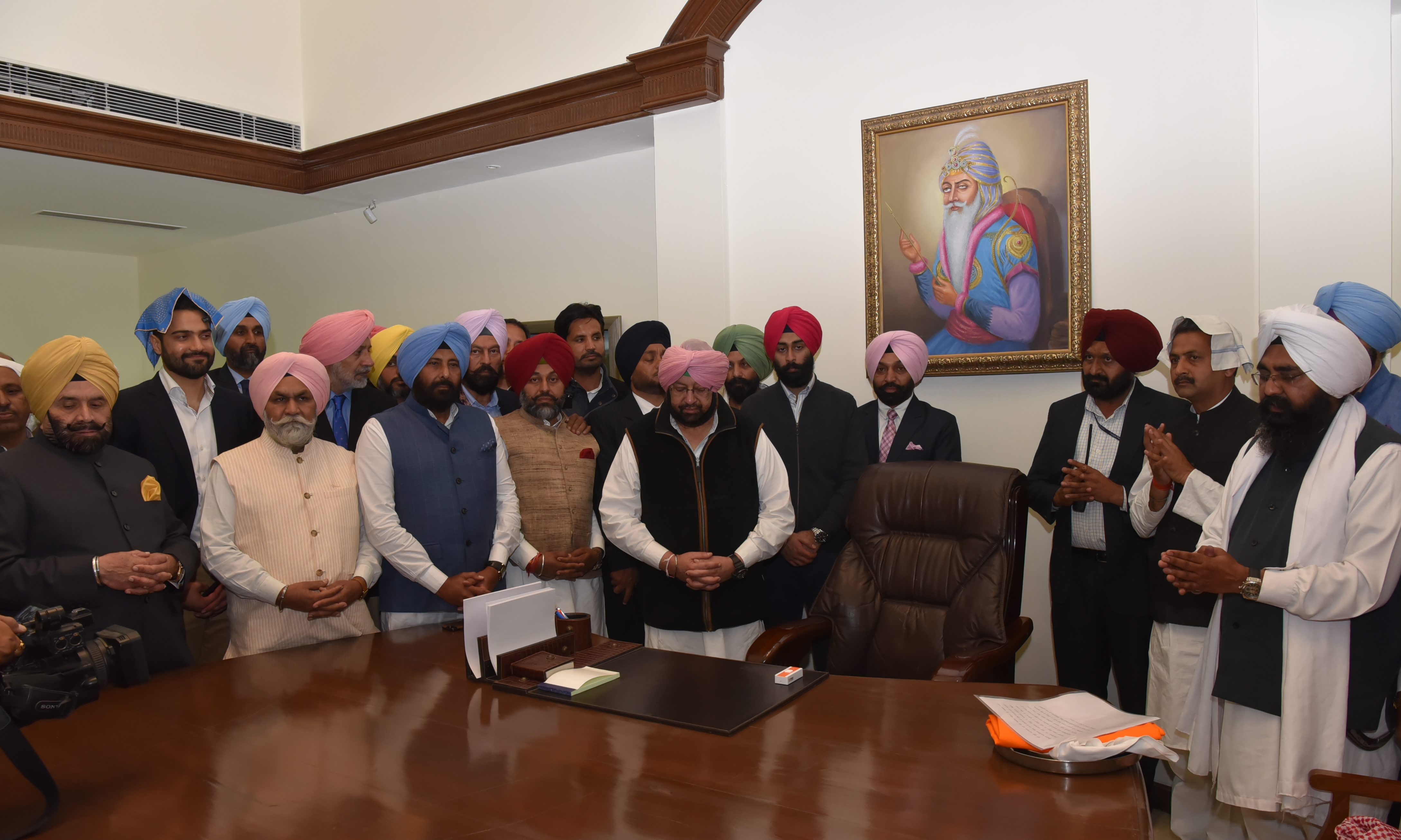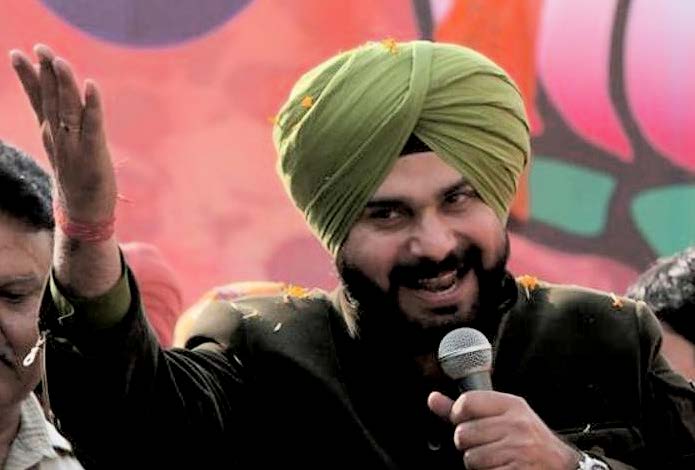
Karnataka is among states that rank high on the education and development index but its track record is rather poor as far as political stability is concerned. Tomorrow’s election will once again focus attention on the latter aspect. Ever since the nation attained independence in 1947, the state has seen 22 chief ministers being sworn in. However, only one of them, namely D. Devraj Urs, managed to serve his full five-year term in office. Barring K. Chengalaraya Reddy, who served as chief minister of the erstwhile Mysore state in a provisional capacity from 1947 until the first assembly elections were held, the state has seen chief ministers replaced at frequent intervals.
The Congress party changed chief ministers thrice after it won the first assembly elections in 1952. K. Hanumanthaiah served as chief minister of the then Mysore state for 4 years and 142 days before Kadidal Manjappa replaced him. Manjappa lasted in office for only 73 days before S. Nijalingappa stepped in and stayed on until the next elections were held in 1957. Nijalingappa helped the party retain power and was retained as the chief minister in the second assembly, but only for a brief period before the Congress party opted to replace him with B.D. Jatti, who served out the remaining period of 3 years and 297 days till the next polls were held in 1962. The Congress party retained power, but the same couldn’t be said for Jatti. S.R. Kanthi became the chief minister, but for only 98 days.
Nijalingappa was back for his second term on June 21, 1962 while Kanthi served as the education minister in his place. Nijalingappa served out the remaining term and led the Congress party in the 1967 polls and retained his post at the chief minister. He, however, had to pay the price for being part of the camp opposed to the then prime minister Indira Gandhi. The Congress party split and Nijalingappa was removed from the post on August 28, 1968. Though he served as the chief minister in his second innings for 5 years and 342 days, that stint was spread over the terms of the third and fourth assemblies.
Emergency implications Devraj Urs remained in the chair for more than 5 years since elections were delayed in the entire country during the period of internal emergency imposed by the Indira Gandhi regime. The assembly was dissolved as soon as the first non-Congress government was formed in the country under the Janata Party leader Morarji Desai. Urs led the Congress party back to power after fresh elections were held following a brief spell of president’s rule.
He lasted in office for a mere 1 year and 313 days before R. Gundu Rao replaced him. The latter served for just 17 days less than five years but his time spanned the sixth and seventh assemblies. In 1985, Ramakrishna Hegde formed the first non-Congress government in Karnataka. Since then the state has seen formation of as many as 14 governments under 13 different chief ministers.





Be the first to comment